Federico Saredella For several years, you’ve been following the movements of doctors who work with the Italy Interplast project, an organization that operates in developing countries, and whose volunteers specialize in reconstructive plastic surgery, intervening to remedy serious defects, burns, cancer, and all kinds of facial trauma; you document their work with your photos. […] the photographs that you take for Interplast Italy document […] faces disfigured by birth defects, by mutilation, by war, which are going to treated, are captured before and after reconstruction.
Carlo Orsi Entering the operating room and encountering this reality, which was new to me, was very hard. I remember the first time so well, in Tibet. It was a shock: there was blood everywhere and seeing these children who were so marked left me unable to react. Then, after three or four days, I went into the operating room, what I saw had become “normal”, acceptable… Perhaps it was due to the fact that I hadn’t slept for three nights, and that I wanted to get out and to do my job, since I was there to work. Now, I’m not saying that I’ve gotten completely used to it all, there are still things that I can’t watch and sights that I don’t know how to handle. I really like photographing people before and after the interventions. I like to accompany them home, talk to them, get to know their families...
(No Photoshop e altre storie: una conversazione con Carlo Orsi, in Carlo Orsi. No photoshop, edited by Federico Sardella, catalogue of the exhibition at Raffaella De Chirico Galleria d’Arte, Turin, October 6 - November 18, [Turin: Raffaella De Chirico Galleria d’Arte 2011], 7-8)
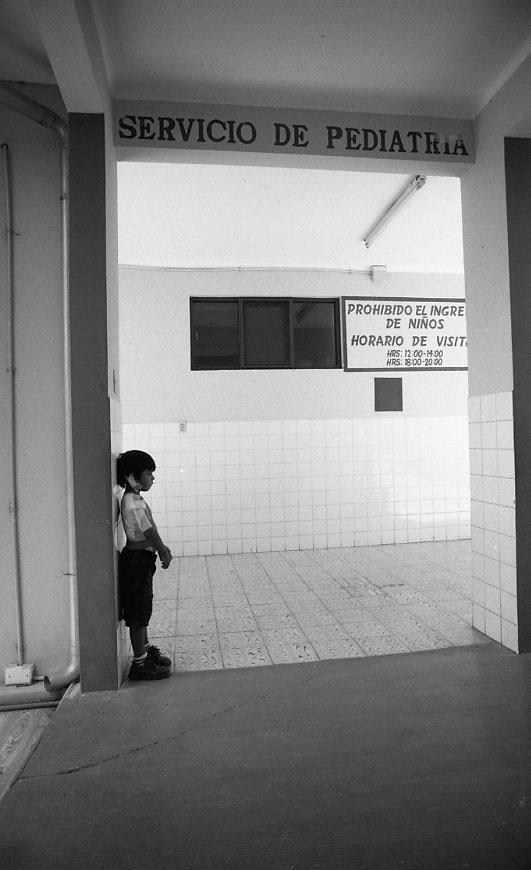
Federico Saredella For several years, you’ve been following the movements of doctors who work with the Italy Interplast project, an organization that operates in developing countries, and whose volunteers specialize in reconstructive plastic surgery, intervening to remedy serious defects, burns, cancer, and all kinds of facial trauma; you document their work with your photos. […] the photographs that you take for Interplast Italy document […] faces disfigured by birth defects, by mutilation, by war, which are going to treated, are captured before and after reconstruction.
Carlo Orsi Entering the operating room and encountering this reality, which was new to me, was very hard. I remember the first time so well, in Tibet. It was a shock: there was blood everywhere and seeing these children who were so marked left me unable to react. Then, after three or four days, I went into the operating room, what I saw had become “normal”, acceptable… Perhaps it was due to the fact that I hadn’t slept for three nights, and that I wanted to get out and to do my job, since I was there to work. Now, I’m not saying that I’ve gotten completely used to it all, there are still things that I can’t watch and sights that I don’t know how to handle. I really like photographing people before and after the interventions. I like to accompany them home, talk to them, get to know their families...
(No Photoshop e altre storie: una conversazione con Carlo Orsi, in Carlo Orsi. No photoshop, edited by Federico Sardella, catalogue of the exhibition at Raffaella De Chirico Galleria d’Arte, Turin, October 6 - November 18, [Turin: Raffaella De Chirico Galleria d’Arte 2011], 7-8)
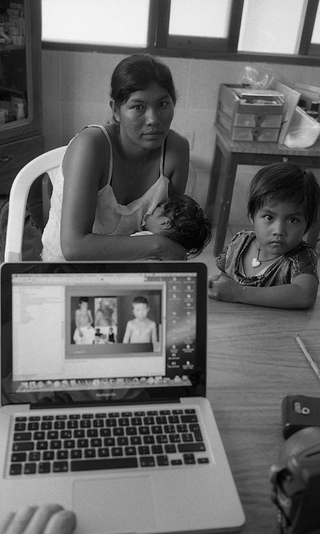
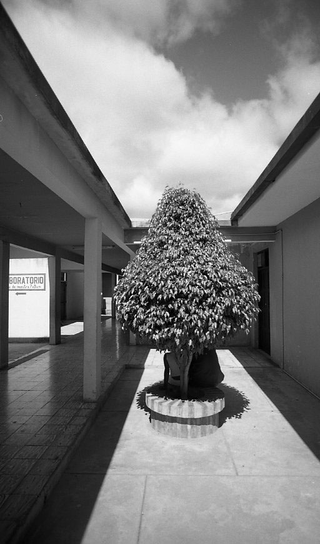
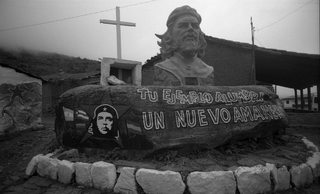
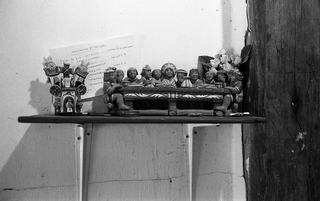
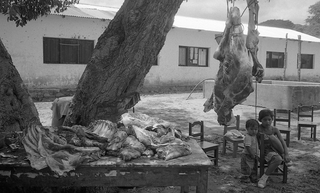
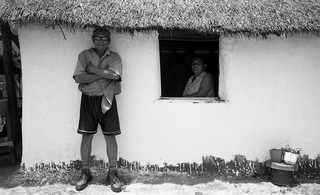
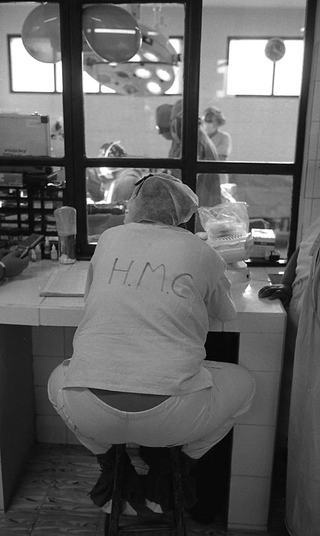
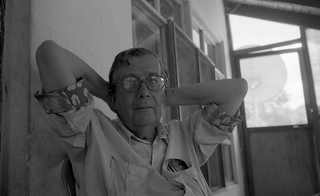
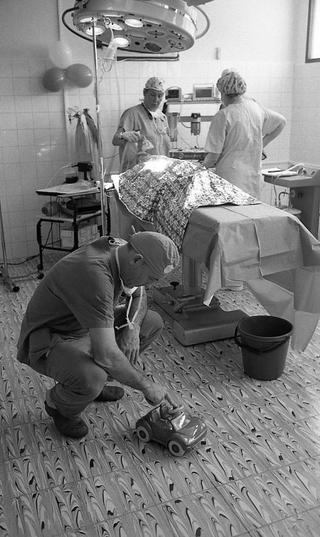
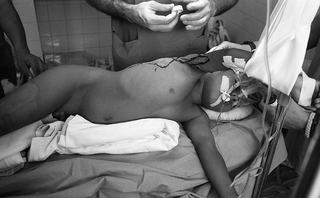
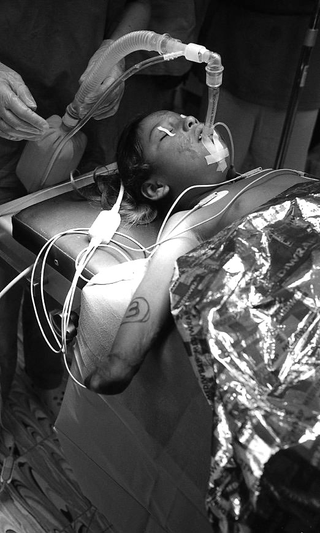
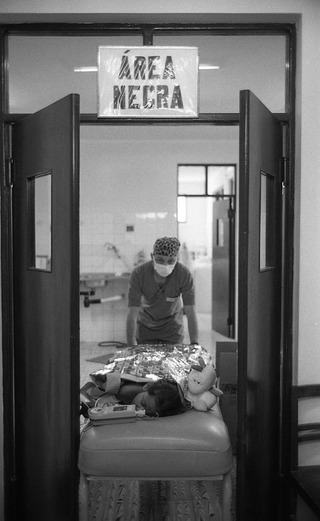
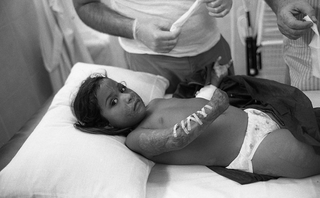
Social
Contatti
archivio@carloorsi.com